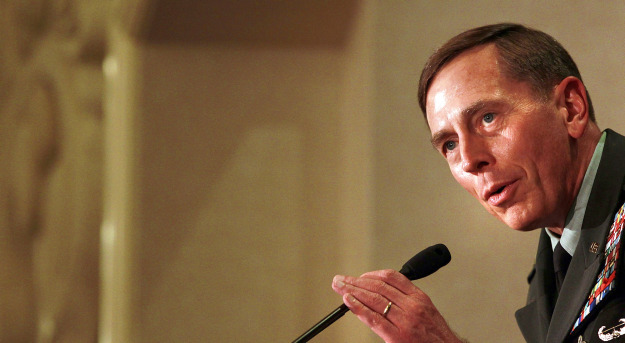
From Josh Rogin, Foreign Policy: When General David Petraeus testifies today on Capitol Hill, his main job will be to carefully define the timeline for the beginning of America’s exit from Afghanistan, a timeline that has stakeholders in Washington and throughout the region confused and concerned.
"As the President has stated, July 2011 is the point at which we will begin a transition phase in which the Afghan government will take more and more responsibility for its own security," Petraeus wrote in his advanced questions submitted to the Senate Armed Services Committee and obtained by The Cable. "As the President has also indicated, July 2011 is not a date when we will be rapidly withdrawing our forces and -switching off the lights and closing the door behind us. …"
But even in his own writing to the committee, Petraeus acknowledged that the enemy, the Taliban and other insurgents in Afghanistan, are waiting out the coalition and biding their time until foreign forces decide to leave.
"Insurgent leaders view their tactical and operational losses in 2010 as inevitable and acceptable. The Taliban believe they can outlast the Coalition’s will to fight and believe this strategy will be effective despite short-term losses. The Taliban also believe they can sustain momentum and maintain operational capacity," he wrote. …
Foreign leaders are especially confused, particularly the Afghan and Pakistani governments, who see a difference between public promises of drawdowns and private assurances from the administration that the July 2011 date would not precipitate large scale troop reductions.
One high level diplomatic source said that Pakistani and Afghan leaders believe that they were told by National Security Advisor Jim Jones that there was not going to be a big withdrawal and the there would be "no reduction in commitment" in July 2011.
But regardless of whether the administration sent mixed messages, the nuance of their time line policy has been misunderstood or ignored in the region, as various actors start to plan strategies with the expectation that U.S. troops are leaving.
"In retrospect, despite all the caveats, it was a mistake to put such a date certain for the beginning of withdrawal," said Shuja Nawaz, director of the South Asia Center at the Atlantic Council. "The word beginning was lost and it strengthens the ability of different interests to hedge, which is exactly what they’ve been doing." (photo: Getty)
Image: getty%206%2029%2010%20General%20David%20Petraeus.jpg
